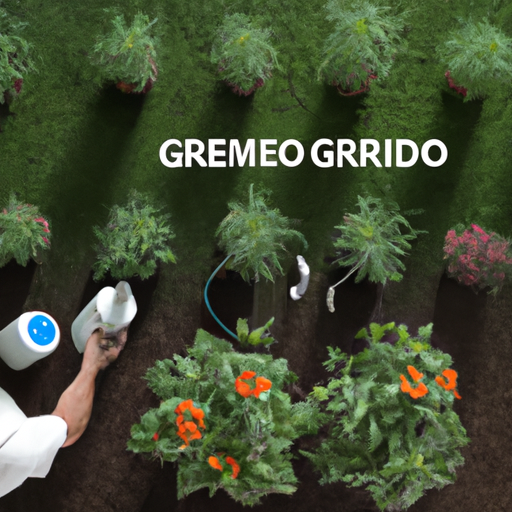Main Title: Pesticides, GMOs and Home Gardening: A Comprehensive Review
Subtitle: Investigating the Effects, Pros and Cons, and Alternatives
In the dynamic world of home gardening, two highly debated topics come to the forefront: the usage of pesticides and Genetically Modified Organisms (GMOs). This article delves deeply into what these are, their potential benefits and drawbacks, and their implications for human health and the robustness of natural ecosystems. Moreover, we will explore viable alternatives for healthier and more sustainable gardening practices.
Understanding Pesticides and GMOs
Pesticides are chemicals used to manage or eliminate pests that damage or hinder the growth of plants, including insects, weeds, and fungal diseases. They are widely used in both commercial agriculture and home gardening, optimizing plant growth and maximising yield.
On the other hand, Genetically Modified Organisms (GMOs) are organisms wherein the genetic material has been artificially manipulated in a laboratory through genetic engineering. This often involves combining plant species to instil desirable traits, such as pest resistance or enhanced nutritional content.
The Pros and Cons of Pesticides and GMOs
Pesticides
Using pesticides can significantly reduce crop loss caused by pests, leading to improved yield and productivity. Moreover, certain pesticides can target specific pests, keeping non-target organisms safe.
However, excessive or improper use of pesticides can have dire consequences. These chemicals can contaminate our air, soil, and water sources, contributting to environmental degradation. Furthermore, they may affect non-target organisms, disrupting biodiversity.
Human health can also be at risk with the consumption of pesticide-contaminated fruits and vegetables, with potential outcomes such as cancer, neurological issues, and hormonal imbalances.
GMOs
GMOs have revolutionised agriculture by increasing crop yield and enhancing food nutritional value. They also reduce the need for pesticides as they can be engineered to resist specific pests.
However, GMOs have also sparked controversies due to unknown long-term health impacts on humans. Plus, GMOs can cross-contaminate with non-GMO varieties, posing biodiversity risks.
Considering Healthier Alternatives: Organic and Sustainable Gardening Practices
For homeowners desiring to maintain productive, healthy, and safe gardens, organic and sustainable gardening practices offer promising alternatives.
Organic gardening focuses on cultivating plants without synthetic pesticides or fertilizers, and maintaining soil health through natural methods, such as composting and crop rotation. Planting native plants and using organic or natural pesticides can work equally well.
Sustainable gardening adds in practices like reducing water usage, composting, and mulching. Designing your garden to attract beneficial insects, or growing plants that naturally repel unwanted pests can also be part of a sustainable gardening strategy.
Tips for Homeowners
Here are some practical tips for homeowners:
- Start composting your kitchen scraps to create rich, natural fertilizer.
- Implement a crop rotation method to maintain soil nutrients and control pests.
- Plant diverse crops to discourage pest infestations and increase biodiversity.
- Attract beneficial insects like ladybugs and bees that naturally control harmful pests and promote pollination.
- Opt for native plants as they are usually more resistant to local pests and diseases.
In conclusion, while pesticides and GMOs have their utility in gardening, they also carry considerable environmental and health risks. Considering an organic or sustainable approach to gardening can be a healthier and truly rewarding alternative.


















Comments
Leave a Comment